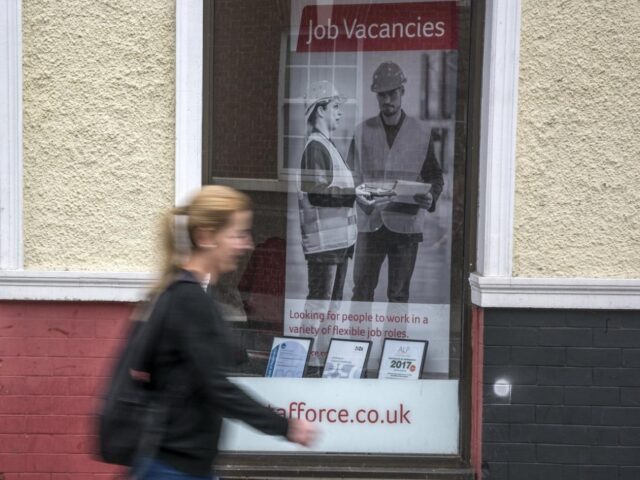Having a disability is one of the most significant factors affecting a person’s chances of returning to work after being out of a job, according to new research from the Office for National Statistics (ONS).
Understanding Society data showed that:
- people with diagnosed health conditions and/or who had caring responsibilities were less likely to find work
- those facing economic disadvantage were also negatively affected: people who reported finding their financial situation very difficult, who were renting in social housing, or did not share their household with anyone who was employed, were less likely to go back to work than people with greater economic advantages
Understanding Society data also helped to shed light on unemployment among young people. For example:
- having previously had a job, such as working while being a student, had a positive effect on returning to work for people aged 16-24
- having a degree or equivalent increased the chance of returning to work by more than 30% for people aged 16-24, compared to those with GCSEs or equivalent
However, although younger people were generally more likely to return to work, previous research has shown that a period of unemployment can affect them in later life – by reducing future earnings, for example.
The research also showed that:
- being out of work for longer significantly reduces a person’s chances of finding a job
- people from ethnic minorities were less likely to return to work than those from a white ethnic background
- people who struggle to get back into work are more likely to experience ‘unemployment scarring’ – the negative, and potentially life-long, impact of unemployment on their physical and mental wellbeing
The ONS research says: “Between 2007 and 2020, more than two fifths (41.4%) of people who had been out of work for up to three months returned to work within the next three months. This reduced to 28.5% of people who had been out of work for up to six months, and 23.3% of people who had been out of a job for six to nine months.”
The findings could be particularly relevant as the economy recovers after the Covid-19 pandemic, with those who are less likely to find a job being at higher risk of being ‘left behind’. The furlough scheme has protected employment during the pandemic, but unemployment still rose in the second half of 2020.
Covid 19EmploymentHealth and wellbeing



